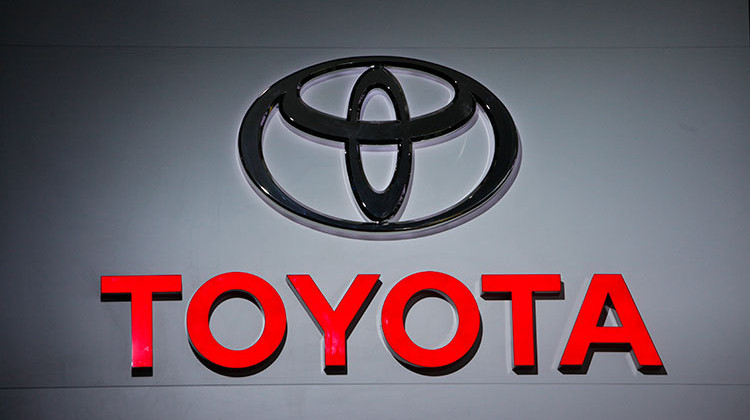Toyota Motor Corporation announced Monday afternoon that it will establish a new $1.29 billion battery plant in North Carolina for electric vehicles.
When production begins in 2025, the business anticipates the facility to be able to produce enough lithium-ion batteries for 200,000 all-electric and plug-in hybrid electric vehicles. The company stated that it intends to increase battery output to 1.2 million vehicles per year in the future.
Toyota has stated that the plant near Greensboro in central North Carolina will create 1,750 jobs in the state. The facility’s investment is expected to last until 2031.
Toyota and other automakers that have been hesitant to invest in all-electric vehicles are hurrying to bring EV battery component manufacture closer to home in order to cut costs and avoid supply chain disruptions.
Following a global shortage of semiconductor chips – primarily supplied from Asia – that has resulted in significant factory shutdowns, the Biden administration has urged companies to bring more jobs to the United States.
The Toyota plant will be partially funded by a previously announced $3.4 billion investment in electrified vehicles made by Toyota in October. However, the business did not specify where the facility would be located.
Toyota chose North Carolina for the new facility because of “renewable energy availability as well as support from local stakeholders, including governments, utilities, partners, and others,” according to the company.
In a statement, Ted Ogawa, CEO of Toyota Motor North America, said, “Today marks the beginning of a mutually beneficial partnership with the Tar Heel state as we embark on our journey to achieve carbon neutrality and provide mobility for all.”
To make the batteries, the business intends the new plant to run entirely on renewable energy.
Toyota has stated that its vehicles and operations would be carbon neutral by 2050.
- Hong Kong will launch ETFs for Bitcoin and Ethereum on April 30 - April 25, 2024
- WhatsApp is now enabling passkey features for iPhone users - April 25, 2024
- Real Estate 2024: 7 Pennsylvania Cities Where Price Dropping in Housing Market - April 25, 2024





